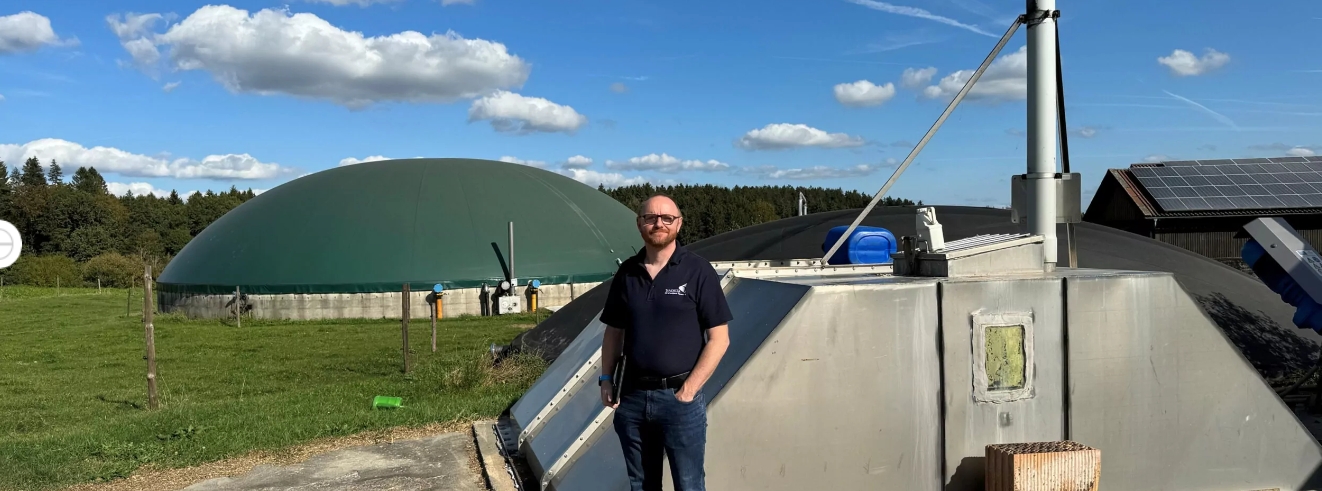Oil quality monitoring sensor and system maker Tan Delta Systems has launched its inaugural bioenergy market offering at the UK Anaerobic Digestion and Bioresources Trade Association’s (ADBA’s) national conference in London on 6 December.

Its technology is proven to reduce oil usage by up to 50%, and accordingly reduce customers’ carbon footprint, and other operating costs, the company said.
“Tan Delta is disrupting the bioenergy sector and many others, with the launch of its innovative SENSE-2 technology,” officials noted. “The new oil condition monitoring kit provides real-time molecular-level data about engine oil quality, reducing ongoing oil usage by up to a half, optimizing maintenance, reducing dependency on lab testing and significantly reducing operating costs.”
At ADBA’s National Conference, Tan Delta presented its initial bioenergy market findings for the first time, in the shape of a case study from a European biogas plant. Over a continuous 12-month period, the customer reported almost EU 3,000 per annum saving per engine on oil; oil change intervals have been increased from 400 hours to 800 hours with a target of 1,000 hours in the future; plant disruptions have been reduced, and payback on ROI was achieved in just a few months.
An unexpected bonus of Tan Delta’s technology is advance warning of feed mix problems, resulting in further reductions in plant disruption.
“Our SENSE-2 real-time monitoring monitors and detects minute oil composition changes at a molecular level and offers predictive maintenance data, making our overall solution unique. It can be fitted easily and efficiently to any existing equipment in any application and is configurable to any oil type,” CEO Chris Greenwood said.
“Our 12-month deployment in the European biogas plant has proven beyond reasonable doubt that we have a compelling offer for the bioenergy sector, and our conversations with users at the ADBA National Conference have confirmed this.”
The SENSE-2 is plug-and-play and accurately identifies when oil reaches the end of its life, superseding traditional time-based maintenance schedules which can result in oil being discarded prematurely with the potential of wasting up to 50% of its useful life.
Source: www.tandeltasystems.com
